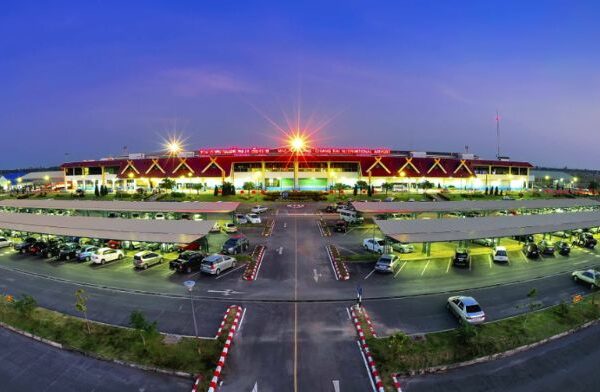Churchill Falls Airport in Canada has gained an investment of $98,215 for runway de-icing equipment from the Government of Canada.
The airport, which began operations in the 1960s, offers daily scheduled flights from Churchill Falls to Wabush and Goose Bay, enabling residents to make connections to larger hubs.
Yvonne Jones, parliamentary secretary to the Minister of Intergovernmental and Northern Affairs and Internal Trade and Member of Parliament for Labrador, on behalf of the Honourable Marc Garneau, Minister of Transport, announced a $98,215 investment for the purchase of a pre-wetting material spreader for the Churchill Falls Airport.
Jones commented: “The Churchill Falls Airport is an important hub for residents and businesses in this region. This investment will help the airport ensure continued safe operation for passengers, flight crews, and employees, who rely on the airport as it supports the regional economy and its social development.”
The equipment spreads liquid de-icing chemicals onto rock salt which speeds up the melting of ice on airside surfaces.
“This equipment allows us to be ready for both expected and unexpected weather conditions that often impact our operations during the winter months,” said Dave Hussey, manager air services for Churchill Falls Airport. “We can now prepare our runway to prevent ice build-up during expected weather events, while also being able to safely and quickly remove ice following unexpected weather events. This equipment has greatly increased safety and reduces the number of days our runway is unusable due to icy conditions.”
The airport began in the 1960s to support the construction of the Underground Hydroelectric Facility by transporting workers and equipment to the remote location of Churchill Falls. Now flights serve local residents travel, Medivac flights, business flights and charter flights for sport tournaments. The airport is also an alternate airport for Wabush and Goose Bay.
The funding comes from Transport Canada’s Airports Capital Assistance Program (ACAP).





